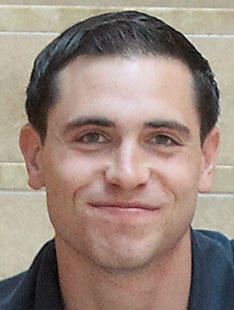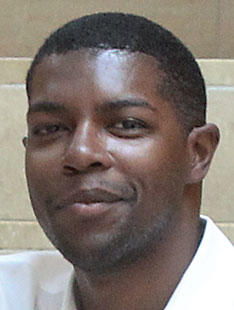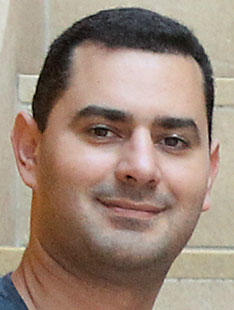Active Duty to Academia
‘Boot camp’ helps veterans prepare for transition to the classroom
Fifteen military veterans and active-duty service members from around the country traveled to campus in June to take part in the Warrior-Scholar Project, a one-week academic “boot camp” designed to smooth the transition from military to academic life.
This was Princeton’s first time hosting the Warrior-Scholar Project, which took place at 15 college campuses this year, said executive director Sidney Ellington. The University’s announcement that it will begin accepting applications from transfer students this fall was a major factor in the decision to bring the program to Princeton, he said.
Each day began at 9 a.m. with a seminar led by Princeton professors on issues relating to freedom and democracy. Participating faculty members included Jacob Shapiro, a professor of politics and international affairs who studies topics such as political violence and security policy; and Miguel Centeno, a sociologist who has written about war, global systemic risk, and nation-building, among other things.
Later in the day, the veterans attended sessions on concepts such as note taking and time management, followed by seminars and workshops on academic writing that were led by staff from the University’s writing center.
The program aims to equip veterans — many of whom will apply to college in the fall — with the skills needed to succeed in academia and to be leaders in the classroom. “It completely changes their idea of what education could be for them,” Ellington said.
In recent years, few U.S. veterans have enrolled as Princeton undergraduates. Initiatives like the Warrior-Scholar Project could help to change that, said Michele Minter, vice provost for equity and diversity. The University has said that one of its goals in reinstating a transfer program is to encourage more veterans to apply. A small group of transfer students is expected to enroll in the fall of 2018.
“Princeton values smart, high-achieving, mature, resilient students who have real-life experience,” Minter said. “Veterans have all of the qualities that we are looking for in our student body.”
PAW spoke with three participants (see story below) who said they may apply to Princeton.
‘You change what you think is possible’

Most beneficial part “The skills you’ll use on a day-to-day basis while in school. Like time management — I think most veterans are probably pretty good with time management, but it’s something that needs to be adjusted when you’re in an environment like this.”
How the military changed his view on education “Once I came to the conclusion that deep down I did have ambitions to receive a [college] education, it was a little too late in terms of transitioning from high school. But after four or five years in the Marine Corps, you change what you think is possible.”

On professors “The professors I’ve met here not only have been knowledgeable in their own fields but in other fields as well, which I think helps [students] to build a better dialogue, get a better understanding of topics, and develop a better perspective on life.”
Looking ahead “In high school, I wasn’t the best student. So I hope that the program can show that I’ve progressed and that I’m constantly trying to improve. ... I’m trying to set an example that I don’t accept ‘no’ in my life.”

Key takeaway “I always thought it would be amazing to come [to a school like Princeton], but it was always sort of a fantasy. But now I feel like that fantasy may be achievable, and it’s like the ultimate feeling of self-accomplishment.”
On encouraging veterans to apply to top schools “We sometimes sell ourselves short. A lot of veterans think, ‘Princeton? That’s unattainable for me.’ I think [the Warrior-Scholar Project] can boost confidence and ... they can come see it, relate to it, and think ‘this is actually an attainable goal for me.’”












No responses yet